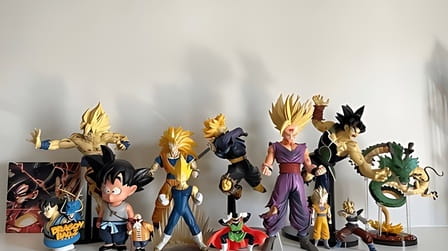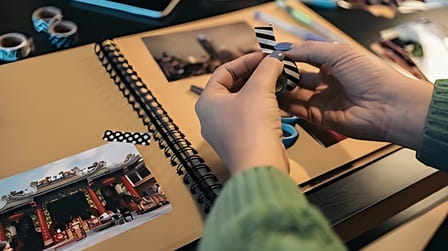Introverts often get misunderstood as being shy, aloof or disinterested. However, introverts simply prefer less stimulation and gain energy from time spent alone, as opposed to extroverts who charge their batteries by being with others. When it comes to romantic relationships, introverts have different needs for feeling loved and cared for than extroverts. Here are some of the key things that make an introvert feel loved in a relationship:
Understanding Their Need for Alone Time

Quality Conversation Over Small Talk
Introverts prefer deep, meaningful dialogue over casual chitchat. A partner who engages in quality conversation—sharing ideas, feelings and insights from their inner world—makes an introvert feel connected. Don’t force small talk if that’s not their style. Instead, cultivate intimacy through open and substantial communication when you’re together.
Acts of Service and Thoughtfulness

Respecting Their Sensitivity
Introverts tend to be deeply perceptive and easily overstimulated. A partner who respects their sensitivity—avoiding pushing too hard when they seem overwhelmed and minimizing noisy, chaotic environments when possible—makes them feel safe. Things like loud parties and big crowds are draining, so limiting exposure or building in recovery time shows consideration.
Giving Genuine Positive Feedback

Prioritizing One-on-One Time
Introverts feel most comfortable in low-key, intimate settings. A partner who minimizes group activities and makes private dates like cooking dinner together, taking walks or seeing a movie helps them feel valued. Plan regular quality time together away from crowds and obligations. Introverts crave this focused bonding time free of distractions.
Expressing Love Quietly But Sincerely

Making Communication a Priority
Introverts are unlikely to constantly voice their needs and preferences unprompted. Check in often and keep communication open so they feel comfortable sharing. Don’t let days go by without meaningful contact. Send texts during the day to show you’re thinking of them, and be diligent about addressing any concerns they raise.
Respecting Boundaries and Privacy

Showing Patience and Avoiding Pressure
Introverts tend to move at a more measured, deliberate pace and don’t respond well to impatience or pressure. Avoid rushing them or insisting they constantly go out of their comfort zone. Recognize that persuasion is usually less effective than patience. Let them warm up and come around at their own pace.
Making an introvert feel loved stems from understanding their nature and nurturing intimacy in ways that make them feel appreciated, respected and cared for. While introverts may express love differently than extroverts, they often feel loved through subtle gestures that thoughtfully accommodate their needs. A thoughtful, patient partner who values quality over quantity of interaction—and truly “gets” the introvert—can build a strong, loving relationship full of trust and understanding.
FAQs about What Makes An Introvert Feel Loved
Q: Do introverts need less affection than extroverts?
A: Not necessarily. Introverts may express or receive love differently, but they don’t necessarily have less need for affection overall. The key is understanding how they feel loved based on their sensitivity, need for space, aversion to small talk, and focus on deep conversation.
Q: Should I leave introverts alone more often?
A: It’s more about respecting their need for solitude and providing space when they seem drained or overwhelmed. Don’t abandon them, but offer flexibility for alone time when possible. Check in to understand their capacity levels.
Q: How can I get an introvert to open up to me?
A: Avoid pressuring them to open up before they are ready. Spend quality one-on-one time focusing on open-ended communication. Let them share at their own pace while being a compassionate, non-judgmental listener.
Q: What intimate date ideas work well for introverts?
A: Cooking a meal together at home, taking a hike or stroll in nature, playing board games, visiting a museum, or just deep conversations over coffee. Focus on low-key activities that facilitate bonding.
Q: How can I reassure my introverted partner of my love?
A: Consistent gestures like handwritten notes, forehead kisses when they’re tired, bringing their favorite snack when you know it’s been a long day, and verbalizing your feelings sincerely/often. Reassurance through actions.
Conclusion
Introverts may not always express or receive love in the same way as extroverts, but they still require love and affection. By understanding their unique needs and respecting their boundaries, relationships with introverts can flourish. Quality time, deep conversation, and low-key activities can be excellent ways to show love to introverts. Reassurance through consistent gestures and verbal affirmations can also help to strengthen the bond.












